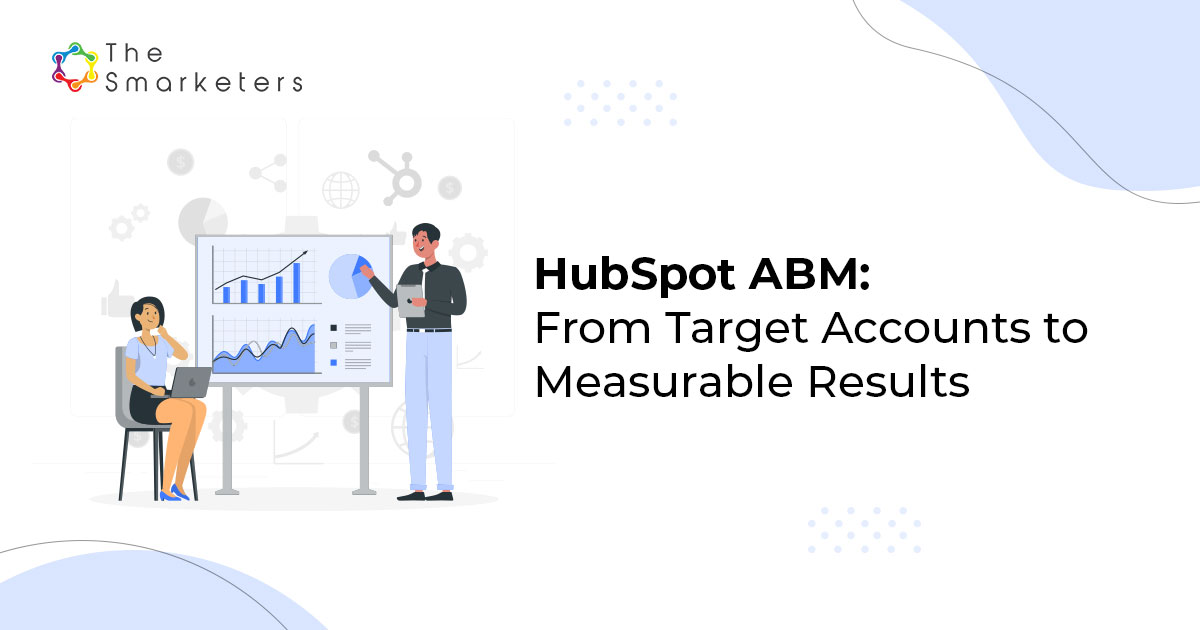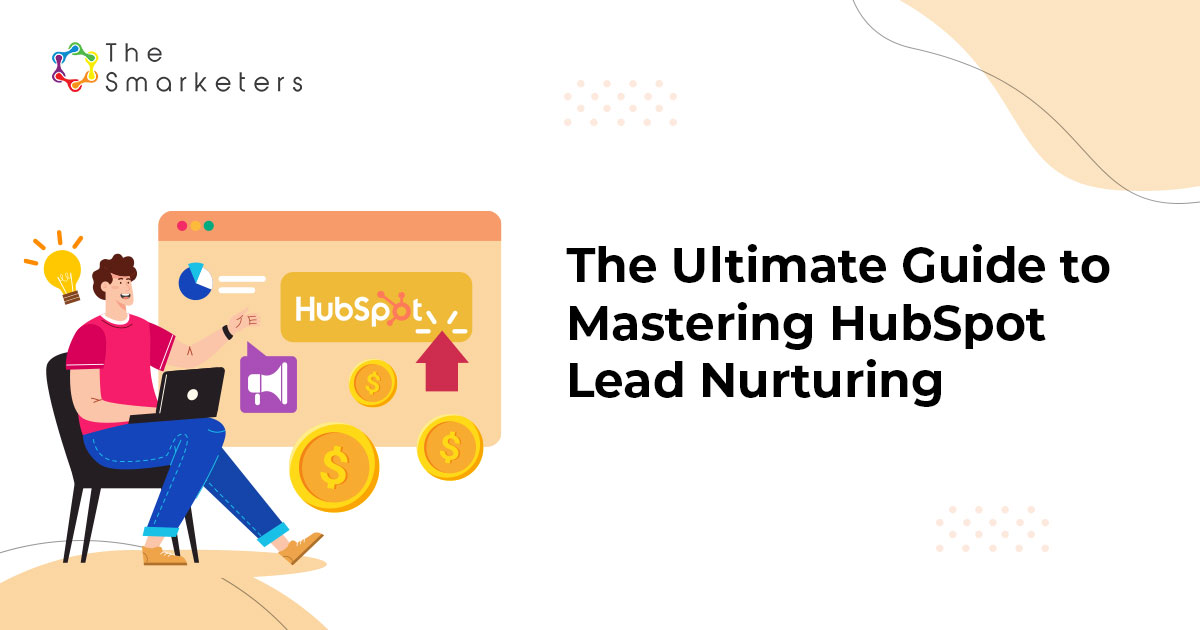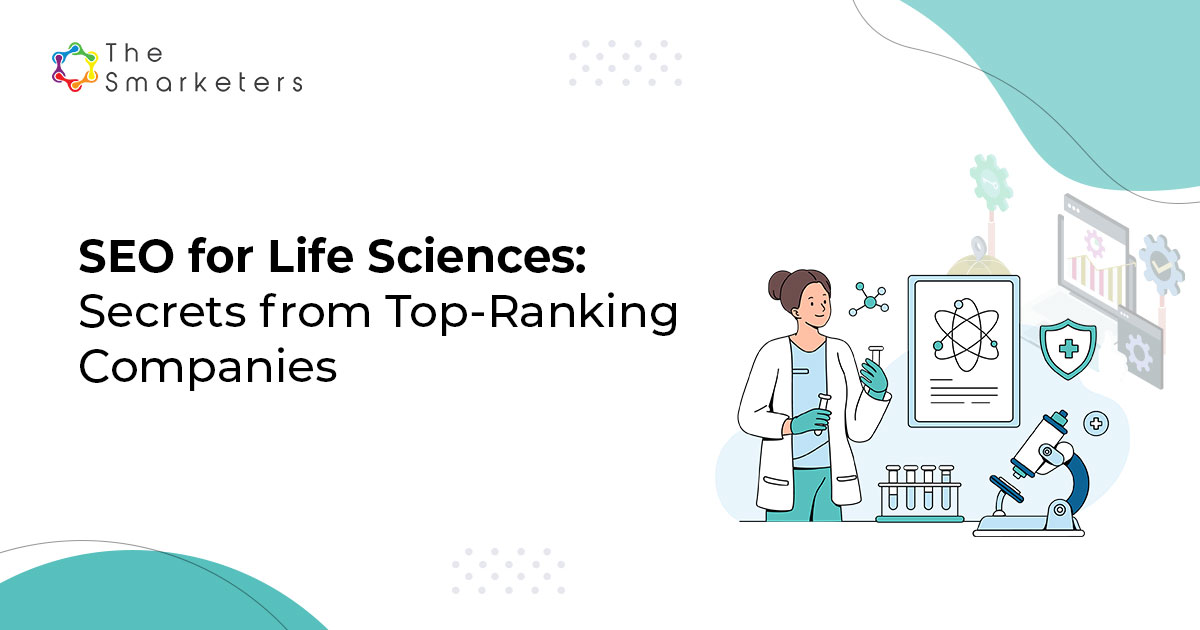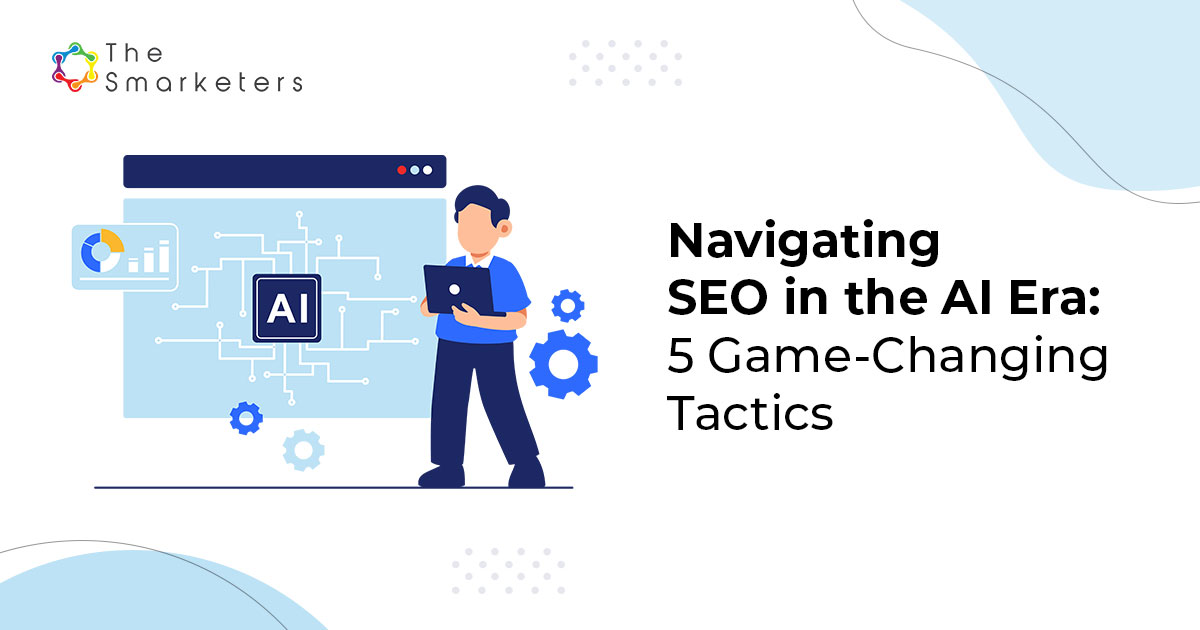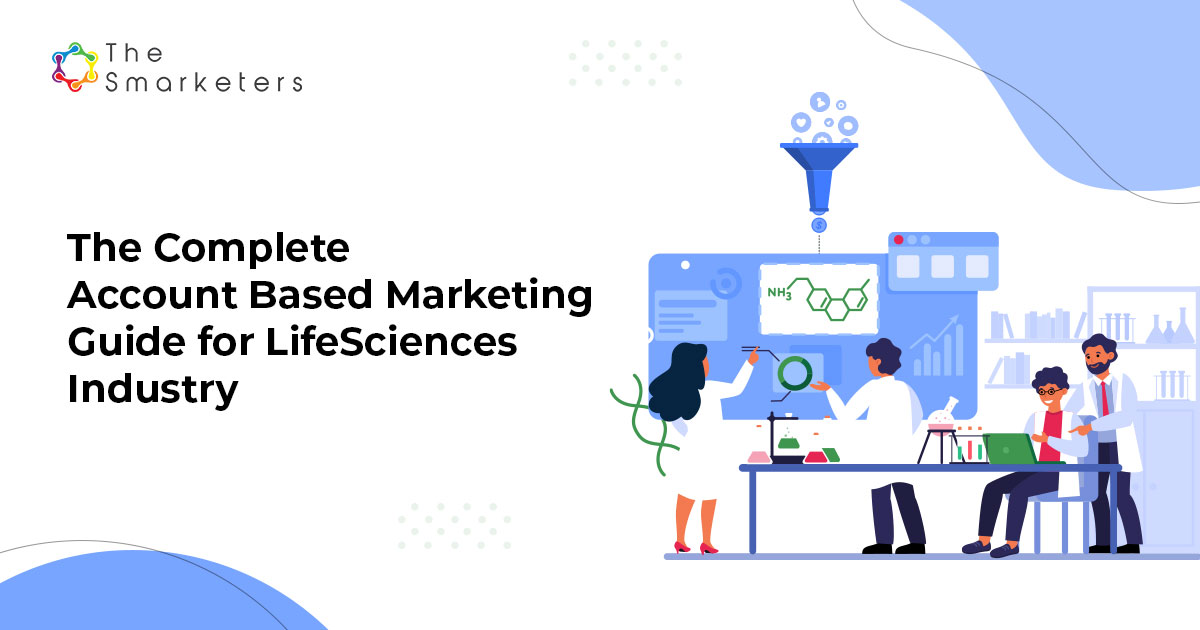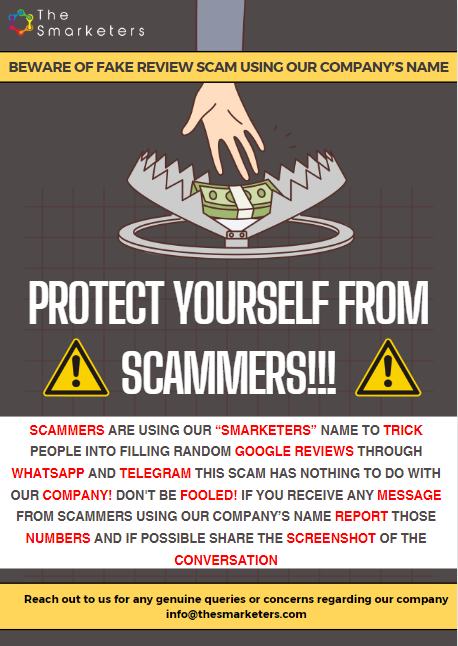The healthcare industry saw a massive boom in the past three years. Since the pandemic, healthcare organizations worldwide have had to expand their services almost overnight to accommodate the rising needs of patients. The constant pressure to deliver quality medical services and innovate state-of-the-art solutions for various health issues is pushing healthcare providers (HCPs) to embrace digital technologies. More importantly, B2B collaboration in this sector is flourishing as HCPs join hands to increase business while delivering quality services.
With the inclusion of big data analytics, IoT, & AI in healthcare and the rising popularity of telehealth and remote diagnosis, B2B healthcare marketing has gained traction. It’s crucial for HCPs to market to other businesses to cement industry relationships that can power innovation, drive growth, and boost ROI.
Statista predicts that by 2023, the US pharma and healthcare digital B2B marketing will reach 1.35 billion dollars.
Why is B2B healthcare marketing important?
Today, leading B2B health tech companies have launched digital healthcare products and technologies — medical devices, data analytics tools, lab equipment, healthcare coding software, etc. Essentially, the B2B health technology space is expanding rapidly, bringing novelty solutions to deliver value-based care.
B2B healthcare marketing aims to improve patient care by promoting useful healthcare products/services to hospitals, healthcare professionals, and medical research organizations. It does not connect directly with end consumers, i.e., patients. Instead, B2B healthcare marketing ensures that a company’s offerings reach the right stakeholders who can make healthcare accessible to the mass.
With the competition skyrocketing, healthcare companies must market their offerings to the right audience and capture a bigger market share. However, healthcare marketing is a tricky space. After all, it requires ingenuity and industry knowledge. Also, B2B healthcare marketing campaigns must align with standard regulations (like HIPAA).
This is why healthcare marketers must stay updated with healthcare marketing trends that redefine the B2B healthcare marketing space.

- Wearables and omnichannel digital solutions offering personalized online solutions empower patients to make informed decisions about their health. Digital-first healthcare organizations leverage AI-enabled data collection software to map out patient journeys and deliver value-based care services at scale.
Like any other industry, B2B healthcare clients expect a unified purchase experience across all channels and devices. So, health tech firms must create consistent buying experiences across social media channels, websites, and conversational AI-enabled customer portals.
- In a cluttered market, it’s challenging for B2B health tech providers to get their products noticed by the intended audience. Outbound healthcare marketing strategies – like trade shows and conferences – have either moved online or are being replaced by inbound marketing strategies like social media marketing that fetch qualified leads.
What sales representatives initially did to attract customers is now made possible by a simple search engine query. It indicates that B2B healthcare buyers now search online for information related to new healthcare products and services.
Therefore, health tech companies must revamp their website and other channels with meaningful SEO content, both gated, top-of-the-funnel (ebooks and whitepapers) and non-gated, bottom-of-the-funnel (blogs and videos). A healthcare content marketing strategy drives organic traffic to your site, increasing the possibility of leads turning into customers.
- Usually, social media marketing is considered a B2C tactic, but it can do wonders for B2B healthcare marketing. When used correctly, social media can maximize brand outreach to get you noticed and boost website traffic. It sends prospective customers further down the sales funnel.
LinkedIn, Facebook, and Twitter are excellent platforms for B2B healthcare firms to share industry-related thought leadership content and organic posts to connect with potential buyers and increase brand visibility.
Challenges to B2B Healthcare Marketing
As with any industry, the B2B health tech industry has certain challenges.
- Purchase decisions in the healthcare industry demand serious consideration and deliberation. Since all decisions affect patients’ well-being and treatment delivery, any error in judgment can lead to disastrous consequences. Hence, purchase cycles are long. It can take as long as 18 months before health tech companies get a product order. So, it’s crucial to keep leads engaged throughout the buying journey through newsletters, videos, and ebooks at different stages.
- Inadequate funding is another major bottleneck for many healthcare companies. Lack of funds from the government and other concerned parties often slows the R&D process. Consequently, developing and marketing the products and services also takes a hit. It’s challenging for firms to promote their products on strategic channels, due to which they might fail to reach the target user base.
- Owing to stringent HIPAA regulations that protect patient confidentiality, B2B healthcare marketing is a highly regulated industry that does not permit certain activities. B2B healthcare marketers cannot create campaigns based on Protected Health Information for business promotion – they need explicit consent from patients to use their data. For instance, healthcare advertisers cannot retarget their ad campaigns on Google since it leverages user data, bringing up privacy and ethical concerns. Thus, it’s mandatory to understand the nitty-gritty of this complex regulation to ensure compliance and avoid legal troubles.
In line with these requirements, what are some successful B2B marketing practices for the healthcare industry? Let’s find out.

The most effective B2B marketing strategies for the healthcare industry in 2023 are –
- Understand who you want to target by creating buyer personas
Using new-age tools and technologies like social media analytics and artificial intelligence in healthcare can help you gather useful information about your B2B buyers to create effective buyer personas. A “buyer persona” is a fictional representation of your ideal B2B healthcare customer.
Your target audience could be a clinician, a private practitioner, a hospital administrator, or a researcher. Creating buyer personas for each can help you understand their unique challenges and market the right solutions.
Once the buyer personas are ready, B2B healthcare marketers can leverage account-based marketing (ABM) to target different leads at different positions in the healthcare organization with personalized content.
- An SEO strategy forms the core of B2B healthcare marketing
Thanks to digital marketing’s popularity, healthcare marketers are increasingly opting for inbound B2B healthcare marketing practices. Healthcare organizations that initially depended on word-of-mouth and referrals now focus on generating inbound leads by creating quality content to rank high on search engine results pages (SERPs).
Since valuable, relevant, and highly informational content sells in the healthcare domain, ranking high on SERPs can drive useful B2B healthcare leads your way.
This is where search engine optimization (SEO) shines. B2B healthcare marketers must perform comprehensive keyword research and competitor analysis to identify what types of content resonate best with their target audience. Using the right keywords in different content types (blogs, infographics, ebooks, etc.) boosts website rankings and increases organic traffic. Additionally, improving your website’s design & navigation can help visitors quickly access blog posts, product pages, and other resources.
Local SEO has emerged as a dominant force, particularly for medical and health tech businesses. When used correctly, it can help you dominate local searches to outperform competitors in your area. For example, if you are a dialysis machines producer in Atlanta, a well-rounded local SEO strategy consisting of on-page SEO optimization, backlinks, and business listings, can help you rank high for local searches such as “Dialysis machines in Atlanta.”
A quick example would be BFW Inc., a leading American manufacturer of headlight illumination and video imaging equipment. Using an intelligent mix of onsite SEO and backlink campaigns, this B2B health equipment manufacturer ranks as the top brand for over 50 varieties of surgical headlights.
- Nothing can beat good social media and content marketing
As buyers go through the awareness, consideration, and decision stages, you must keep them engaged with content suited for each stage.
Blogs and informational videos are great starters to educate B2B buyers about new things, demonstrate complex product workings, and answer their queries. Bringing a doctor or a medical practitioner before the camera to answer FAQs, demonstrate products, or conduct a “how-to” session can engage the right prospects.
To establish your brand as a B2B healthcare thought leader, you must create informative, authoritative, and thought-provoking content. Presenting high-quality information and unique angles on pre-existing content to reinforce your ideas help build authority as subject-matter experts.
Social media is vital in building and expanding your brand’s outreach.
LinkedIn is an excellent social media marketing platform for B2B healthcare marketing. Sharing customer testimonials, new research findings, healthcare industry achievements, or distributing links to gated and non-gated assets can turn heads. These social media tactics improve brand transparency and position you as a credible source of knowledge.
Additionally, B2B healthcare marketing campaigns can capitalize on influencer marketing to promote healthcare products and services. An authoritative healthcare and wellness expert with a good network endorsing your product can further spread your brand name in multiple circles.
Final Thoughts!
By now, you must have understood that the first step towards building effective healthcare marketing strategies is identifying the trends redefining this industry. With inbound buying behavior becoming the new reality in the B2B healthcare marketing space, marketers must rethink their brand positioning. Creating educational content and delivering consistent omnichannel engagement can change your B2B healthcare marketing game.
Are you looking for the right ABM and Inbound marketing strategies for your B2B healthcare business?
Look no further – Book a consultation session with our expert Smarketer and find the best solutions to overcome your marketing challenges!
We strive to stay updated with the latest trends in the B2B marketing space, and healthcare marketing is one of our expertise areas. Rest assured, we will determine the most suitable strategies for your business to help you grow and expand across all verticals.



